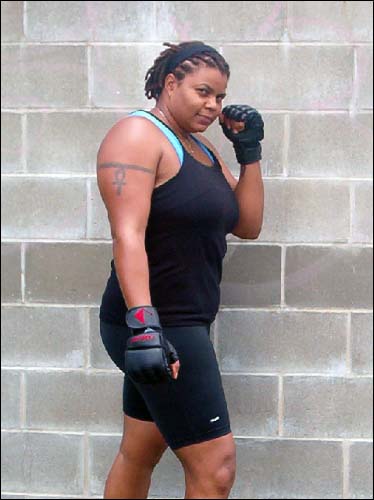
“You’re too perty to be boxing,” the tall, chiseled, handsome, broad-shouldered white man teased. He spoke his words slowly, almost slurring them — Southern style — past my ear. From the corner of my eye, I sized up the woman he was addressing. She was around 5-foot-five, slender, and curvaceous. Her smooth chocolate skin was complemented by a thick black ponytail that rested in the dip between her shoulder blades. Her outfit was color-coordinated and probably name brand: a double-layered, two-toned pink and green sports bra visible under a sheer T-shirt, and green jogging shorts that stopped just short of her crotch.
The perty woman had expected to be seen in the gym and did not want to disappoint. Nice ass, I thought, but legs way too skinny.
Her powdery smell and nice clothes were quite a contrast to the dank atmosphere of the gym and to the rest of the amateur boxing class of 12 students. We were a motley crew in cutoff denim, faded sweats, soccer shorts, and a variety of “wife beaters.” Until that night — six months into my training — I had been the only female student in the class.
Our coach looked deeply into her eyes and then rolled his gaze over the rest of her body. She smiled and blinked her eyes quickly as she adjusted her awkward fight stance. Maintaining his intense eye contact, he stepped closer to her and moved her gloved hands farther apart. As he did so, I watched his fingertips glide slowly along one of her forearms into the bend of her elbow. There was more blinking and smiling from her, but I thought I saw her shoulders slump as he walked away. It was obviously her first day. Boxing moves feel and look unnatural for the first week or so because you have to unlearn the instinct to strike first with your strongest hand.
The coach then moved toward me and stood directly in front of my poised, gloved fists.
“Okay, let’s repeat the combination,” he instructed the class. “Jab, cross, and hook on my command.” He was checking each person’s form and speed. “Go!”
I too worked hard not to disappoint.
“Keep your elbows tight on that hook,” he told me before demonstrating. He curled his back slightly and bent his knees for balance and mobility.
“You don’t want to leave your face open when you hit, see?” His eyes peeked over his large bare knuckles for a second before his three punches shot through the air. The muscles in his neck and arm flexed through the thin T-shirt.
“Pshew! Pshew! Pshew!” He forced air through his teeth in loud whispers with each skillful punch.
“Push from the shoulders and curve at the waist. Let your body give you the force, so the arms don’t have to do all the work. Always protect yourself. Go!”
This time I felt the strength of my whole body concentrated in the motion of my arms. I pushed my fists through the nose of my invisible opponent and then finished her with my right hook to the temple. It felt good to be in such powerful control of my body.
He glanced into my eyes, nodded his head, and moved to the next student. I am not too pretty to be a boxer.
I am 5-foot-nine. My shoulders are broad and my arms toned. My dreadlocs are pulled back with a headband. My thigh muscles bear the mark of resistance training. Though I could never be mistaken for a man, I embrace my masculine edge in a way that helps me blend in with the guys in the gym. My form, my precision, my “don’t fuck with me” face as I hit the heavy bag, can be very attractive to people who know what to look for in a fighter. I see the men — other trainers, semipro competitors, as well as some in my class — smiling and leaning their heads together to whisper while they watch me move. One or two of them usually comment to me directly, saying with innuendo: “Take it easy on your (sparring) partner” or “I hope I don’t get too close to you!”
As you can probably tell, I like — even seek — their approval. This desire to be acknowledged by men is a dirty little secret my lesbian feminist sensibilities will only admit to in the context of boxing. I know that the lesbian boxer is oh-so-clichéd, but this is a relatively new passion for me. I only began this training when running became too painful. It was not because Laila Ali or Ann Wolf inspired me, or because I’ve always had a repressed wish to be in the ring. In fact, being a fighter is the opposite of my usually inhibited personality.
However, my body — tall, broad, black, and inclined to muscularity — can be intimidating for some people, but until recently I’ve never been conscious of that. Now that I’ve been boxing for awhile, I delight in the fluid motion of my swing, the way I feel as I “stick and move” around the heavy bag. This physical confidence spills over into my daily interactions. When I am dissatisfied with customer service, for example, I complain with my arms folded or throw the most piercing look I can summon. People usually react the way I want by either leaving me the hell alone or stammering their apologies.
I never had that kind of relationship with my body as a runner.
This brings me back to the perty girl. The coach continued with his flirtatious compliments throughout the class, and she never returned. I have thought of her often since that day. It occurs to me that she should be celebrated in a sport that can also serve as self-defense because she’s the type of woman many men assume they can victimize or dominate. She should be encouraged to feel comfortable in being seen as strong, athletic, and attractive. Too often we are perceived and treated a particular way based on only one of those characteristics from our early girlhood. Pretty girls do not fight and, as we are told in so many ways, strong girls are not pretty.
Instead of flirting with her, the coach should have instructed her the way he would have any novice male student: with patience, critical feedback, and affirmation of her potential. Yeah, she was attractive. So what? His response to her made her self-conscious and affected her performance in that already very masculine environment. His attitude represents mainstream culture’s view that only certain types of women — those with big muscles, a heavy build, or an unattractive face — are acceptable outside of traditional feminine roles. When is a man ever considered too attractive for any given activity?
And what about my response? Assuming that she believed him, what should I have said or done as a witness to this crushing of her desire to learn? I should have made some witty retort to put him in check for his sexist behavior. I should have shown some female solidarity because I knew better than anyone else what it took for her to have shown up in the first place. It was weeks before I felt completely comfortable there.
But my confession is that I didn’t say anything. The truth is, I reveled in the contrast her perceived weakness created between us. Because she was perty, I was by default a natural. Actually, most of the men, even the skinny ones, hit harder than I do and have better form. This is because, biological considerations aside, boys are generally taught the basic principles of boxing throughout boyhood, in the rough-and-tumble “play fighting” that goes on between male siblings and friends or with uncles and father figures. With few exceptions, girls are taught to expect protection from those same relationships.
I must confess that I failed myself and my classmate in that moment. When we stand idly by and witness that kind of behavior without intervening, we become passive participants in the act. Women have been fighting for centuries for equal treatment and equal opportunity. So if I find myself in that situation again, I’ll have to be faster on my feet. I’ll speak up. I’ll stick and move, bob and weave, “sting like a bee.” I confess I was too busy being one of the guys when I should have been fighting like a girl.
- Follow us on Twitter: @inthefray
- Comment on stories or like us on Facebook
- Subscribe to our free email newsletter
- Send us your writing, photography, or artwork
- Republish our Creative Commons-licensed content


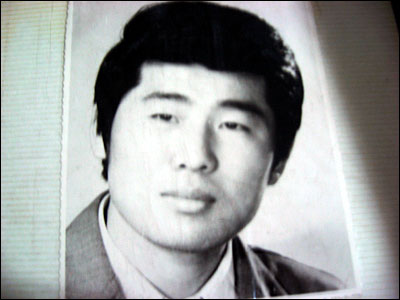

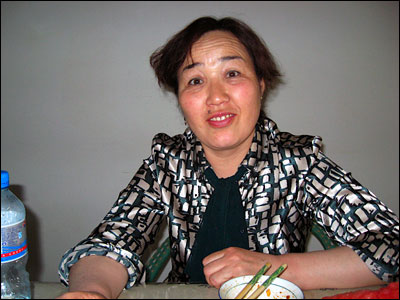
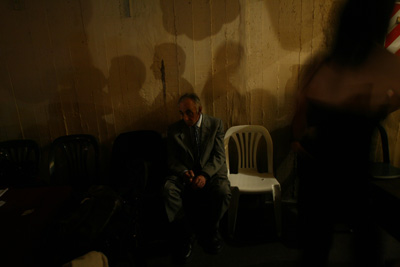

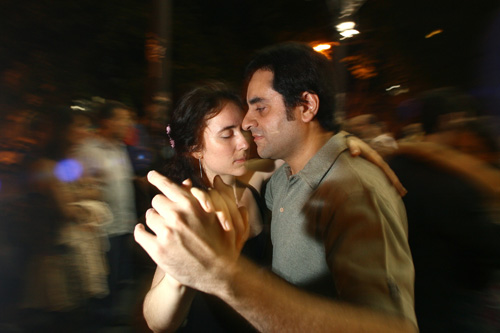
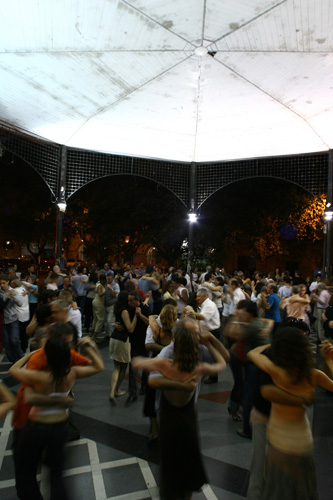


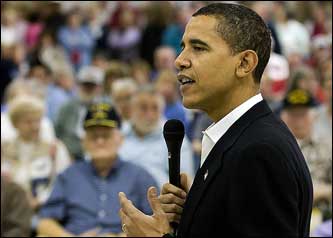

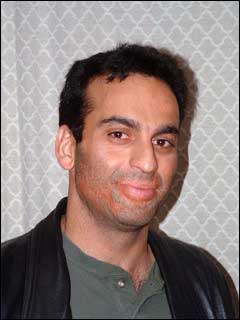

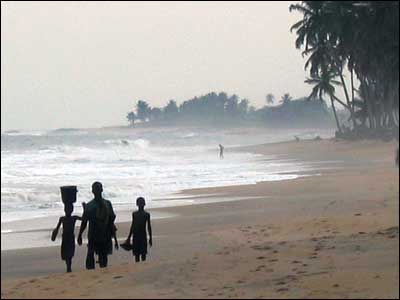

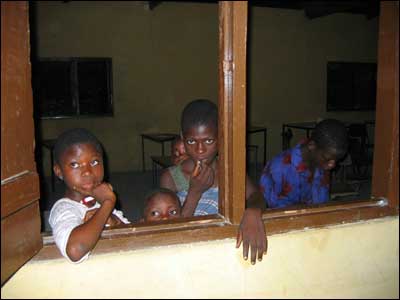
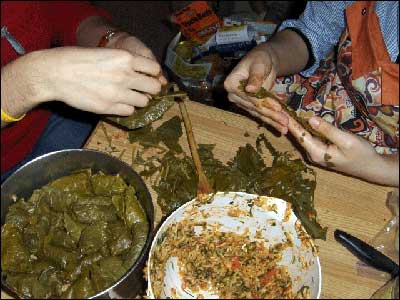
 To learn about my heritage, I took classes in Arab politics and history. But they couldn’t make up for what I’d missed in the kitchen.
To learn about my heritage, I took classes in Arab politics and history. But they couldn’t make up for what I’d missed in the kitchen. 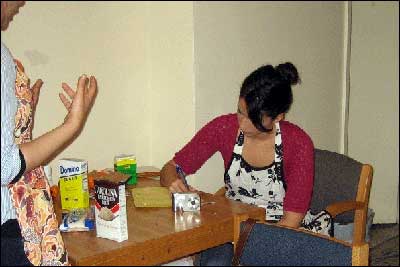
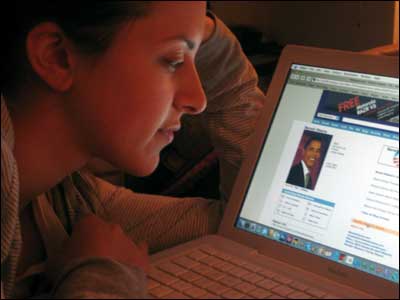
 The feeling was mutual, when it came to getting fired up.
The feeling was mutual, when it came to getting fired up.